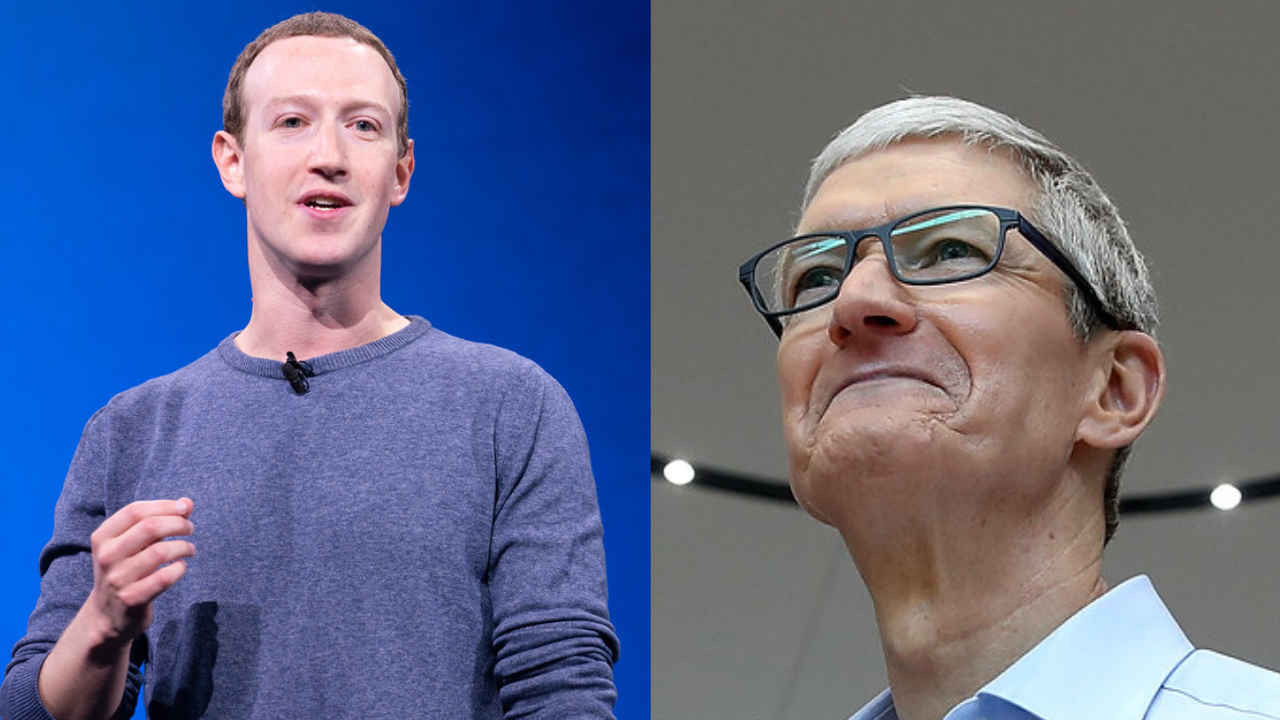The State of AI Technology: Challenges and Developments
Author: David Gewirtz

Artificial Intelligence (AI) continues to shape the technology landscape, presenting both opportunities and challenges as it evolves. With companies like OpenAI, Nvidia, and Meta at the forefront, the AI sector is scaling new heights while grappling with serious hurdles that could impact its trajectory.
Recent benchmarking tests have shown significant variances in AI performance, particularly with systems like GPT-5. As noted by David Gewirtz in a recent analysis, GPT-5 exhibited flawed coding capabilities, leading to broken plugins and scripts that could potentially derail projects if relied upon without thorough human oversight. This raises important questions about the reliability of generative AI models in practical applications.

AI technologies like GPT-5 are still facing critical challenges in software development.
In parallel with testing AI capabilities, the industry is witnessing a significant talent shift. Meta has been actively recruiting AI talent from competitors, particularly Apple, which has lost several high-profile AI researchers. This trend underscores the competitive landscape in the AI sector and highlights the urgent need for companies to retain and nurture talent to drive innovation.
The resignation of notable researchers, like Yun Zhu, from Apple's AI division reflects broader concerns within the tech giant as it struggles to maintain its workforce in a challenging market. With Meta's growing AI ambitions and its recruitment of top talents from other firms, the balance of power may be shifting in the tech industry.

The competition between tech giants is intensifying, with Meta aggressively recruiting from Apple's AI talent pool.
On a global scale, the regulatory landscape surrounding AI is evolving rapidly. Recently, Nvidia agreed to pay a 15% cut of its AI chip sales to the U.S. government, as part of a unique arrangement involving sales to China. This deal has raised eyebrows considering its unprecedented nature, essentially linking revenue from exports directly to government funding.
This compliance requirement can not only affect Nvidia's bottom line, but it also places pressure on other companies like AMD, who are similarly expected to follow suit under evolving regulations. It suggests a strategy by the U.S. government to ensure that American companies contribute a share of foreign revenues back to national interests.
Nvidia's agreement with the U.S. government marks a new chapter in the governance of AI technology and export regulations.
Beyond corporate maneuvers, digital trust is becoming paramount as AI applications become more integrated into daily life. The decentralized identification (DID) market, focused on providing secure identity verification, is set for significant growth, posing questions about how consumers interact with and trust digital systems.
As companies work to harness AI to create more efficient digital identification processes, regulatory and ethical considerations will also play an essential role to ensure consumer protection and trust in technologies that manage sensitive data.

The future of digital trust is critical as the implementation of technologies like decentralization gains traction.
The implications of AI technology extend beyond just technical performance and workforce dynamics. PM Narendra Modi's recent remarks highlighted India's ambition to be self-reliant in technology, signaling a national strategy that aligns with global trends.
Modi's vision for 'Viksit Bharat' stresses that advancements in AI and digital technology are crucial to achieving self-sufficiency and global leadership. This includes efforts to develop 'Made-in-India' chips, which could enhance India’s position in the global tech landscape.
The push for indigenous technology resonates with Modi's call for a synergistic relationship between technological innovation and national development, essential for addressing both domestic challenges and international competitiveness.

PM Narendra Modi emphasizes on India's ambition for self-reliance in technology at a recent event.